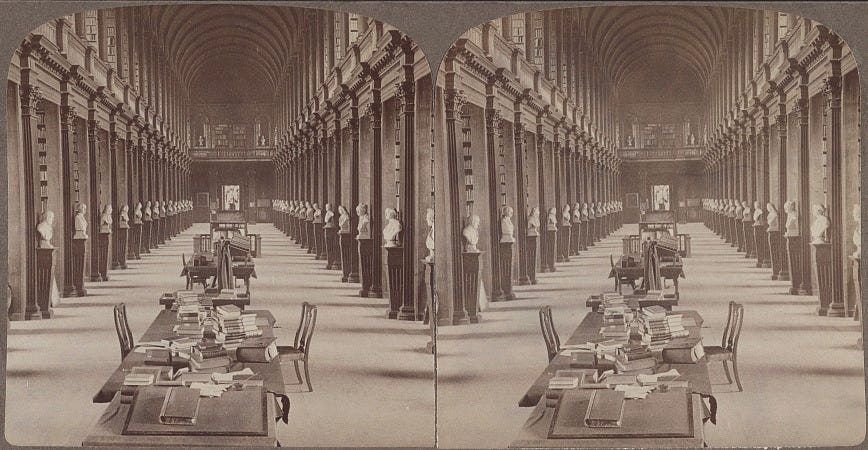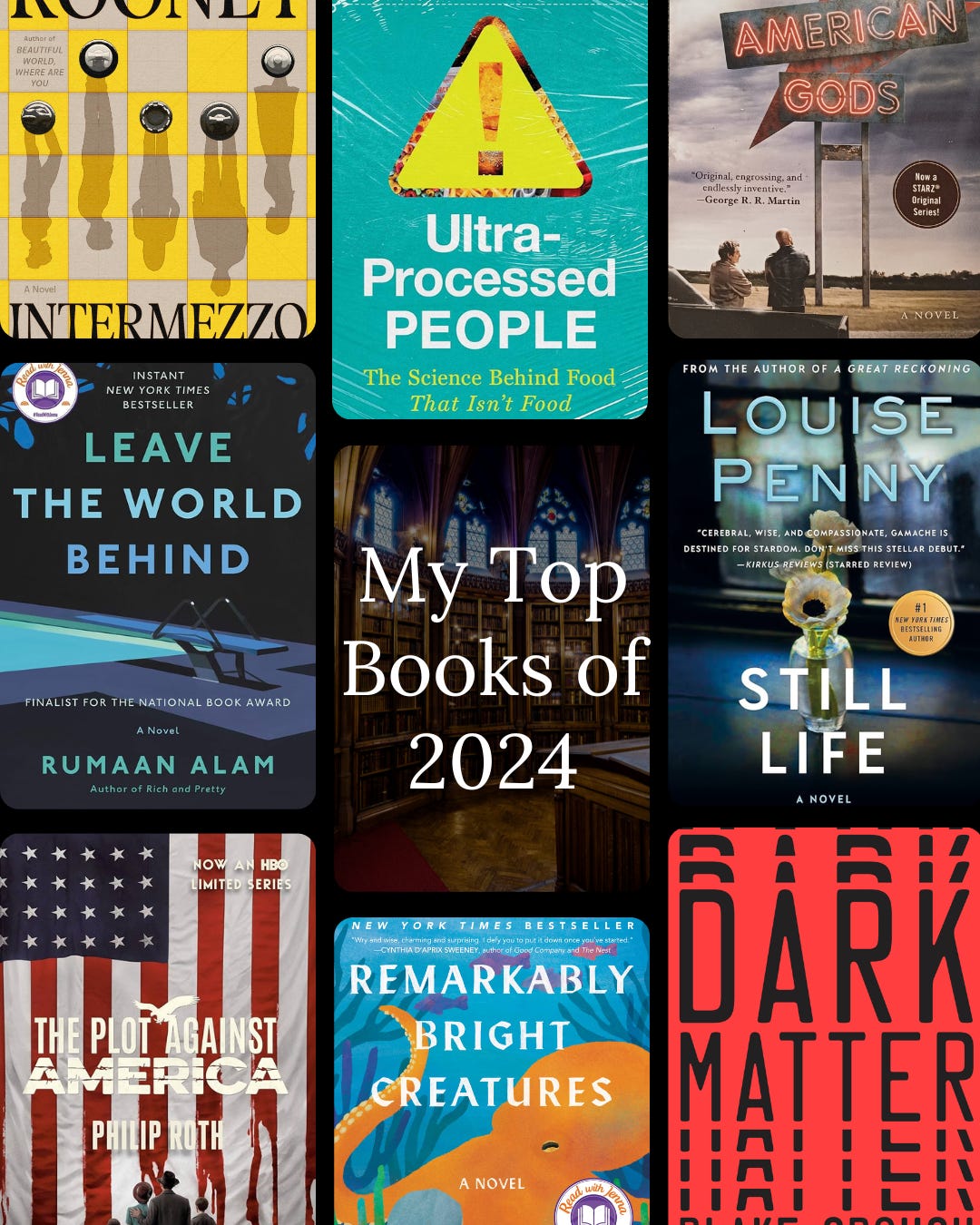
Voltaire once remarked, “The earth swarms with people who are not worth talking to.” (La terre est couverte de gens qui ne méritent pas qu’on leur parle.)
The same may well extend to books— libraries and shops swarm with books not worth reading. The most dedicated among us are lucky to read perhaps 5,000 books in a lifetime, still just a fraction of the knowledge contained in the Library of Alexandria well over two millennia ago.
Well-read individuals are sometimes labeled “voracious” and even “omnivorous,” but rarely do they carry the appellation promiscuous.
Over time, those who embrace the reading life adopt a circumspect approach.
Some use their age to demarcate when to dispense with a text: subtract that value from 100; the difference is the amount of pages to be read in good faith before deciding whether or not to pack it in.
The older a reader becomes, the less time can be frittered away on books assuredly not worth reading.
I will be honest, though. At my current age, reading even 70 pages of an uninspired novel seems a self-enforcing form of torture. Often seven pages are telling enough.
Of the sixty or so books I read in 2024, eight took up residence rent-free in my mind and are thus worth recommending.
Leave the World Behind by Rumaan Alam (2020)
A psychological thriller that explores themes of race, class, and societal collapse. A white middle-class family from New York City rent a luxurious vacation home in the Hamptons for a getaway. Their first night is interrupted when the home’s owners, a wealthy Black couple, unexpectedly arrive, claiming a blackout has swept through the city. As other eerie disruptions escalate, the two families must navigate trust, fear, and the unknown as they confront their vulnerabilities and the limits of modern security.
I was unaware that this novel was poorly reviewed on Goodreads (3.16 stars on average), which likely would have colored my perception. I found both the plot and writing engaging and later enjoyed the 2023 film adaptation on Netflix.
The Plot Against America by Philip Roth (2004)
An alternative history novel that gained resurgent popularity following the 2016 presidential election. Aviation hero and populist Charles Lindbergh, known for his isolationist and anti-Semitic views, defeats Franklin D. Roosevelt in the 1940 presidential election. Lindbergh’s presidency leads the United States down a path of fascism and anti-Semitism, profoundly impacting a Jewish family in Newark, New Jersey—Roth’s own fictionalized family. Through the eyes of a young protagonist, the story examines fear, identity, and the fragility of democracy in the face of authoritarianism, providing a powerful commentary on the dangers of nationalism and the potential erosion of American ideals.
I admittedly “read” this novel as an audiobook. The narrator, Ron Silver, adopted an excellent Brooklyn accent (somewhat reminiscent of Bernie Sanders) throughout his reading, which brilliantly brought several characters to life, namely Phillip’s father.
Still Life by Louise Penny (2005)
The first book in the beloved Chief Inspector Armand Gamache series. Set in the quaint, fictional village of Three Pines in Québec, the novel begins with the mysterious death of a well-loved local artist whose death initially appears accidental. Gamache and his team are called in to investigate, uncovering secrets and tensions hidden beneath the town’s picturesque surface.
Penny’s writing brings the village to life with vivid characters and expiation on community, compassion, and human complexity. Still Life is both a profound look at the human condition and paradigmatic for the cozy mystery genre.
Remarkably Bright Creatures by Shelby Van Pelt (2022)
A heartwarming novel that tells the story of Tova, a widow who works the night shift at an aquarium in a small coastal town. There, she forms an unlikely friendship with a curmudgeonly giant Pacific octopus with a knack for escaping his tank. Through Marcellus’s unique perspective and his clever observations, he helps Tova uncover long-buried secrets about her own life and the disappearance of her son years ago. Blending humor, mystery, and poignant moments, Remarkably Bright Creatures is a touching story about the power of connection, healing, and unexpected friendships in changing lives.
I do not normally read many books in the genre of drama/domestic fiction, but found Creatures a delightful shift from my typical corpus.
Ultra-Processed People by Chris Van Tulleken (2023)
Ultra-processed foods (UPFs) may have considerable impacts on health and society. With both scientific insights and personal experimentation, Dr. Van Tulleken explores how these industrially produced foods—filled with additives, preservatives, and artificial ingredients—are linked to a range of health issues, from obesity to chronic illness. He also delves into the food industry’s influence on our diets and the challenges of escaping UPF consumption in modern life. The book is a compelling call to rethink our food choices and understand the broader effects of processed foods on our bodies and society.
At present, I am not thoroughly convinced that UPFs are as deeply harmful to individual health as Van Tulleken suggests. Nearly all UPFs are highly caloric and highly palatable, a tragic combination that likely accounts for the whole of their deleterious impact. Jury is still out on whether UPFs affect the microbiome or reward circuitry in the brain.
American Gods by Neil Gaiman (2001)
A genre-blending novel that combines mythology, Americana, and fantasy. The story follows Shadow, an ex-convict who, after the death of his wife, becomes bodyguard to the enigmatic Mr. Wednesday. As they travel across the United States, Shadow is drawn into a hidden world where the old gods—brought to America by immigrants—struggle to survive against the new gods of technology, media, and modern life.
With rich symbolism and thought-provoking themes, American Gods explores belief, identity, and the cultural landscape of America. Gaiman’s imaginative storytelling is a brilliant exploration of myth in contemporary society.
Dark Matter by Blake Crouch (2016)
A science fiction thriller that follows Jason Dessen, a physicist and family man, who is suddenly abducted and thrust into a parallel universe where his life has taken a very different path. As he navigates this new reality and encounters versions of himself he never imagined, Jason must confront the implications of his choices and fight to return to his original life.
A fast-paced plot weaves in accessible aspects of quantum mechanics, making Dark Matter a gripping, thought-provoking read that challenges the boundaries of science and the human experience.
Intermezzo by Sally Rooney (2024)
Rooney continues her hallmark literary style in a poignant story exploring the emotional intensity and nuance of grieving brothers Ivan and Peter and their complicated relationships with women. Like her other novels, Intermezzo is not “exciting,” per se and only one sequence could reliably be termed climatic.
What makes Intermezzo worth reading is not only Rooney’s piercing dialogue—also on brilliant display in Beautiful World—but also her deftness in conveying the subtleties of non-verbal communication. She writes of and portrays beautifully “companionable silences” and “thoughtful silences,” capturing the sometimes opaque components of the human condition. I also adored the inventory of literary allusions made throughout the text that Rooney includes at the end.






I look forward to reading your selections and thank you for your reviews so I don’t use my time - I struggle to read 10 pages of a not ‘well written’ book
Appreciate it